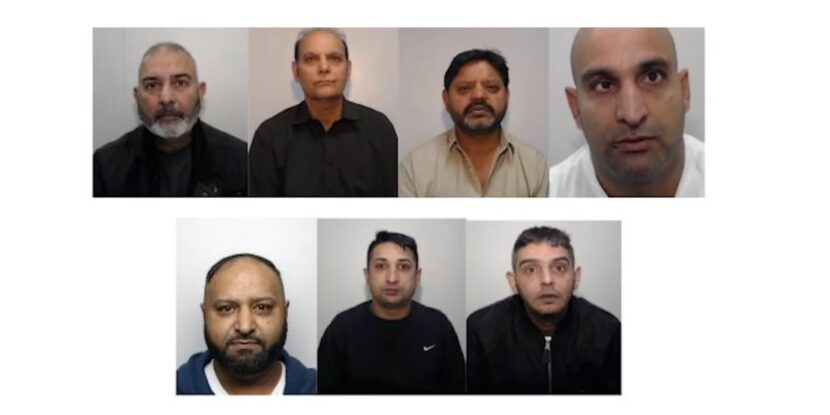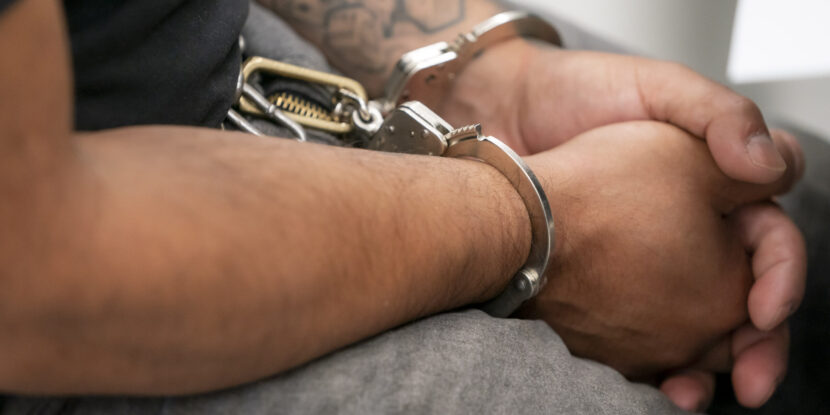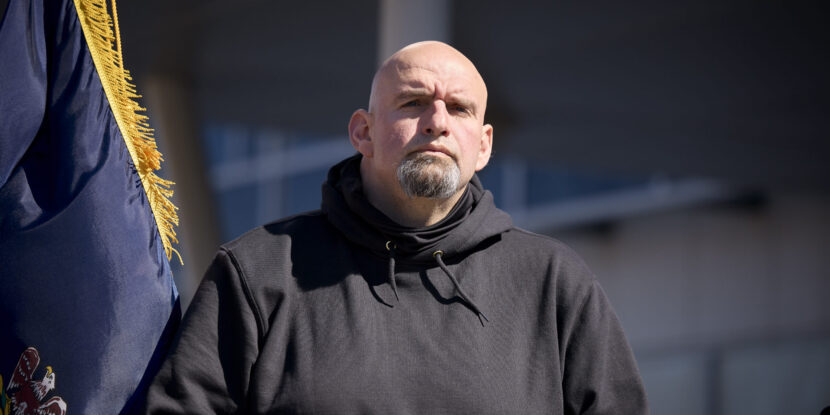❓WHAT HAPPENED: Mohammed Zahid, the ringleader of a grooming gang in Rochdale, England, has been sentenced to 35 years in prison for using two schoolgirls as “sex slaves” between 2001 and 2006.
👤WHO WAS INVOLVED: Mohammed Zahid, also known as “Boss Man,” and six other men, including Mushtaq Ahmed, Kasir Bashir, Mohammed Shahzad, Naheem Akram, Nisar Hussain, and Roheez Khan.
📍WHEN & WHERE: The crimes occurred in Rochdale, England, between 2001 and 2006. Sentencing took place recently at Manchester Minshull Street Court.
💬KEY QUOTE: “Both were seriously let down by those whose job it was to protect them,” Judge Jonathan Seely said of the victims during sentencing.
🎯IMPACT: There has been widespread criticism of past failings by social services and police officers, who ignored grooming gang abuses across the country for decades because the perpetrators were primarily Pakistani-background Muslims and the victims primarily working-class white girls.
Mohammed Zahid, 65, has been sentenced to 35 years in prison for leading a grooming gang that sexually abused at least two 13-year-old schoolgirls between 2001 and 2006 in Rochdale, England. Known as “Boss Man,” Zahid was convicted in June alongside six other men for multiple sexual offences, including rape and indecency with a child. The gang, which treated the girls as “sex slaves,” exploited their victims repeatedly in unsafe and unhygienic locations.
“Girl A” testified she may have been targeted by over 200 offenders, while “Girl B” said some abuse occurred while she lived in a children’s home. Of the seven men, Zahid, Mushtaq Ahmed, Kasir Bashir, Mohammed Shahzad, Naheem Akram, Nisar Hussain, and Roheez Khan, Bashir, sentenced in absentia to 12 years, is believed to have fled the country.
Judge Jonathan Seely described the victims as highly vulnerable with troubled backgrounds, noting, “They were highly susceptible to the advances of these men and others, and both were sexually abused by numerous other men. They were passed around for sex—abused, humiliated, degraded, and then discarded. Both were seriously let down by those whose job it was to protect them.”
Girl A said her life was “destroyed,” while Girl B said it had been “on hold for 20 years.” Both police and social services apologised for past failures to act on warnings.
This case adds to a litany of British grooming gang scandals, enabled by police and social services ignoring the cases because the perpetrators were primarily Pakistani-background Muslims and the victims mainly white working class. A report earlier this year by Baroness Louise Casey has highlighted authorities’ reluctance to act due to fears of appearing racist and their poor recording of offenders’ ethnicity—likely intended to manipulate official statistics so South Asians would not appear even more grossly overrepresented among the grooming gang offenders.
In Rotherham, a police watchdog also found “systematic organisational failure” by senior leadership.
Join Pulse+ to comment below, and receive exclusive e-mail analyses.




















